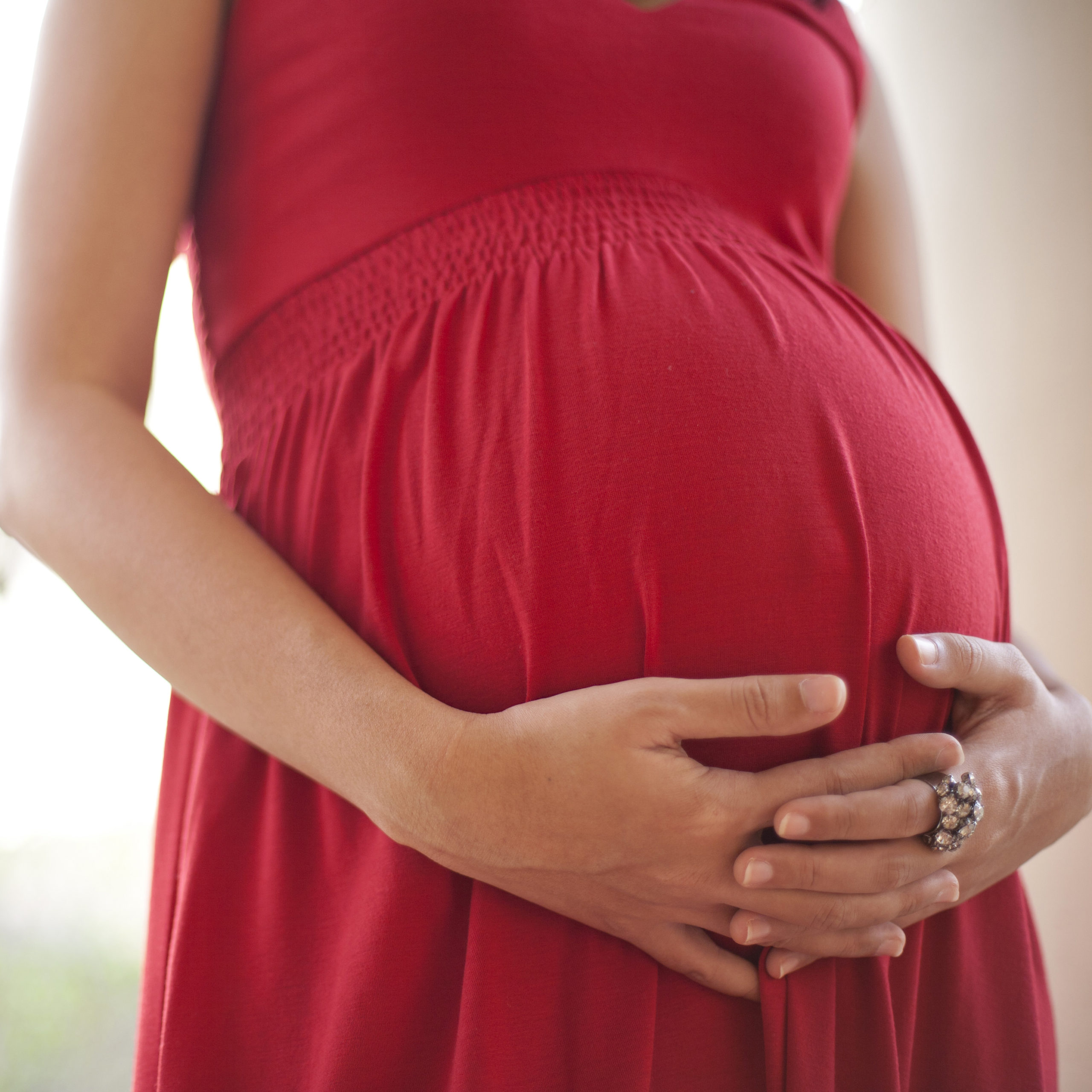What every expecting mother needs to know about discomfort during pregnancy — and when a symptom could mean something more.
Some women float through pregnancy with nary a symptom, while others experience a host of maladies. Whichever camp you fit into during your pregnancy, you’ll likely ask yourself this question at one point or another: Is this normal? Here, our Vanderbilt Women’s Health experts share a dozen common conditions of discomfort during pregnancy you might wonder about, from the first trimester until you’re ready to head to Labor & Delivery.
1. Fatigue
Your body’s working overtime to provide a nourishing environment for your baby, so it’s no wonder you’re feeling tired! In the first trimester, your blood volume and other fluids increase 50 percent as your body adjusts to the pregnancy, which can lead to exhaustion. Sometimes anemia, a reduction in the oxygen-carrying capability of red blood cells, is the culprit. A simple blood test performed at a prenatal visit will check for low iron levels caused by this condition.
2. Nausea and vomiting
About half of all pregnant women experience nausea and vomiting — often called morning sickness, as symptoms are most severe in the morning — early on in pregnancy. This is largely due to hormonal changes, and for some, it may last throughout the pregnancy. Eating small meals several times a day to keep your stomach from being empty may help lessen the symptoms, as will following a diet high in protein and complex carbohydrates like whole-wheat bread, pasta, bananas and green, leafy vegetables. (Your provider might also recommend medication to help with your nausea.) If vomiting is severe, it may be a sign of a condition called hyperemesis gravidarum, which can lead to dehydration and may require hospitalization for IV fluids and nutrition. Call your provider if you are having constant or severe nausea and vomiting.
3. Constipation
Hormone changes may slow down the food being processed by the body, which can interfere with digestion and bowel movements. In addition, your growing belly will put increased pressure on your rectum and intestines. Staying hydrated, exercising regularly and increasing the fiber in your diet are some of the ways to prevent constipation. (Bonus: preventing constipation, in turn, helps to prevent another common discomfort: hemorrhoids.)
4. Heartburn
Your growing uterus can cause heartburn and reflux, as the distance is shortened between your stomach and throat. In addition, the hormone relaxin can cause the spinctre to not seal as tight. These symptoms can be eased by diet modifications and medicine — just be sure to consult your provider.
5. Bleeding gums
Your gums may become spongier as blood flow increases during pregnancy, which could cause them to bleed easily. Continue to take care of your teeth and gums and go to the dentist for regular checkups. And don’t worry — this typically disappears after pregnancy.
6. Swelling or fluid retention
Mild swelling is common during pregnancy, but severe swelling that lasts may be a sign of preeclampsia, an abnormal condition marked by high blood pressure. Lying on your left side, elevating your legs and wearing support hose and comfortable shoes may help to relieve the swelling. Be sure to notify your provider about sudden swelling — especially in your hands or face — or rapid weight gain. Another symptom to report to your provider is unilateral leg swelling, where the leg is red and hot to the touch.
7. Skin changes
All of your hormones are fluctuating, including hormones that stimulate pigmentation of your skin. As a result, brown, blotchy patches may appear on your face, forehead and/or cheeks. This is often called “the mask of pregnancy,” or chloasma, and often disappears soon after delivery. Pigmentation may also increase in the skin surrounding your nipples, and a dark line often appears down the middle of your stomach. Freckles may darken, too, and moles may grow.
8. Yeast infection
Due to all those hormone changes and increased vaginal discharge, you’re more susceptible to yeast infections, which are characterized by a thick, whitish discharge with itching. These infections are highly treatable but always talk with your healthcare provider before using any medicine.
9. Congestion and bloody nose
During pregnancy, the lining of the respiratory tract receives more blood, often making it more congested. In addition, small blood vessels in your nose are easily damaged due to the increased blood volume, leading to nosebleeds. Using a humidifier or saline nasal spray can help.
10. Backache
As your weight increases, your balance changes, and your center of gravity is pulled forward, straining your back. Loosening pelvic joints also contribute to this back strain. Proper posture and proper lifting techniques throughout your pregnancy can help reduce the strain on your back, as can using a maternity belt and wearing supportive shoes. A visit to a chiropractor or massage therapist might also be advised to ease this discomfort during pregnancy.
11. Dizziness
Dizziness during pregnancy is common and may be caused by low blood pressure, which can occur from the uterus compressing major arteries. Other causes include low blood sugar, low iron, dehydration and quickly moving from sitting to standing. To prevent injury from falling during episodes of dizziness, stand up slowly and hold on to a wall or something stable for extra balance.
12. Headaches
Again, hormonal changes may be the culprit here, especially during your first trimester. Rest, proper nutrition and adequate fluid intake may help ease headache symptoms. (Always talk with your healthcare provider before taking any medicine.) If you have a severe headache or a headache that won’t go away, call your provider — it may be a sign of preeclampsia.

Vanderbilt Women’s Health provides care for women at all stages of their lives at locations across Middle Tennessee. Learn more here or call 615-343-5700.


